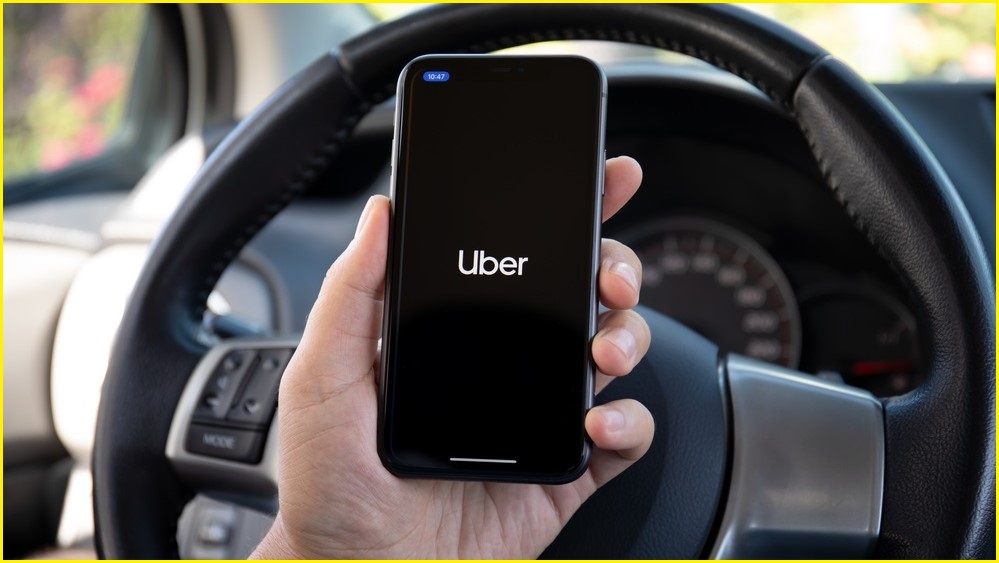A New Zealand court has ruled that a group of Uber drivers are employees rather than contractors, another of several global rulings denting the core business model of many gig economy companies.
A group of Uber drivers in New Zealand won the landmark case at the Employment Court, with Chief Judge Christina Inglis ruling that they must be treated as employees rather than independent contractors.
This is a debate at the heart of the gig economy, with most tech giants in the space classifying their workers as independent contractors rather than employees, meaning they don’t have to provide them entitlements such as superannuation or sick leave.
There has been a growing movement using legal challenges to dispute this classification, with 40 major legal challenges against gig economy companies in 20 countries in the last year alone.
The case in New Zealand relates directly to the four Uber drivers who brought forward the legal action and doesn’t mean that all Uber drivers in the country will automatically be classified as workers.
Chief Judge Inglis said the court “does not have jurisdiction to make broader declarations of employment status” and Uber drivers don’t “instantly become employees”, as The Guardian reported.
“[But] it may well have broader impact, particularly where, as here, there is apparent uniformity in the way in which the companies operate, and the framework under which drivers are engaged,” Chief Justice Inglis said.
These four workers will now be able to access legal minimum entitlements in New Zealand, including the minimum wage, a minimum of six hours of work per week, rest and meal breaks and holiday and parental leave.
Uber driver Praful Rama was one of the plaintiffs in the case, and said the decision represents “justice for Uber drivers”.
“This will mean drivers will have a say, not just be subject to the control of Uber,” Rama said.
“We are employees.”
The Uber drivers were represented by First Union and E tū Union.
“This is a landmark legal decision not just for Aotearoa but also internationally,” First Union strategic project coordinator Anita Rosentreter said.
The First Union is now accepting Uber drivers as members and said it will soon move to implement collective bargaining for these workers.
A spokesperson for Uber said the company was “disappointed” with the decision and would move to appeal it.
The spokesperson said it was “too soon to speculate” over the worker status of Uber’s drivers in New Zealand.
There have been a number of similar cases challenging the way Uber and other gig economy companies classify their workers in recent years.
Last year UberEats, Glovo, Just Eat and Deliveroo were fined 733 million euro for misclassifying 60,000 couriers.
In the United Kingdom, a landmark ruling that Uber drivers are workers rather than independent contractors has been held up.
In Australia, the Transport Workers Union and Uber came to an agreement earlier this year to provide fairer wages and workplace protections for their workers.
The NSW Industrial Relations Commission earlier this year agreed to give Amazon Flex drivers a minimum rate, while food delivery company Menulog is now classifying its Sydney riders as employees, and giving them sick leave and superannuation, among other entitlements.
In the US, rideshare firms reportedly spent more than $US200 million in a campaign to win votes in California to make them exempt from the state’s law requiring drivers to be classified as workers.










